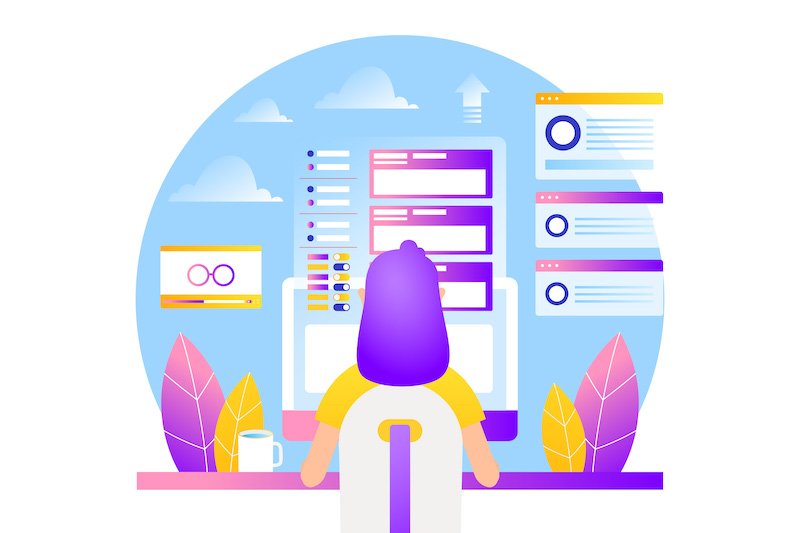
In today’s world, gamification has become an important tool for businesses to engage and motivate their customers. Gamification is the use of game mechanics and design elements in non-game contexts, such as marketing, education, and employee training. It involves the use of rewards, challenges, and achievements to motivate users to take certain actions or behaviors. However, as gamification becomes more prevalent, it’s becoming increasingly important to personalize the experience for each user. In this article, we’ll explore the importance of personalization in today’s gamification.
Personalization is the process of tailoring the gamification experience to the individual user based on their preferences, behavior, and performance. Personalization allows businesses to create a more engaging and effective gamification experience by providing users with relevant rewards and challenges that are tailored to their needs and interests.
One of the key benefits of personalization in gamification is increased engagement. When users feel that the gamification experience is tailored to their needs and interests, they are more likely to be engaged and motivated to participate. Personalization allows businesses to create a more meaningful and relevant experience for their users, which can lead to increased engagement and loyalty.
Another benefit of personalization in gamification is improved user experience. When users are presented with relevant challenges and rewards, they are more likely to have a positive experience with the gamification program. Personalization can also help to reduce frustration and confusion by presenting users with challenges that are appropriate for their skill level and interests.
Personalization can also help to improve the effectiveness of gamification programs. When rewards and challenges are tailored to the individual user, they are more likely to be effective in motivating behavior change. For example, a fitness app that provides personalized rewards for achieving specific fitness goals is more likely to be effective in motivating users to exercise regularly.
Personalization can also help businesses to gather more accurate data about their users. By tailoring the gamification experience to each user, businesses can gather more accurate data about their preferences, behavior, and performance. This data can be used to improve the gamification program over time and to create more effective marketing campaigns.
However, personalization in gamification is not without its challenges. One of the biggest challenges is the need for accurate data. In order to personalize the gamification experience, businesses need to gather accurate data about each user. This can be challenging, especially if users are hesitant to share personal information.
Another challenge is the need for flexibility. Personalization requires a flexible gamification program that can adapt to the changing needs and interests of each user. This can be challenging for businesses that have a rigid gamification program that is difficult to modify.
In conclusion, personalization is becoming increasingly important in today’s gamification. Personalization allows businesses to create a more engaging, effective, and relevant gamification experience for their users. By tailoring the gamification experience to each user, businesses can improve engagement, user experience, and effectiveness. However, personalization is not without its challenges. Businesses need to gather accurate data and have a flexible gamification program in order to successfully personalize the experience for each user.

